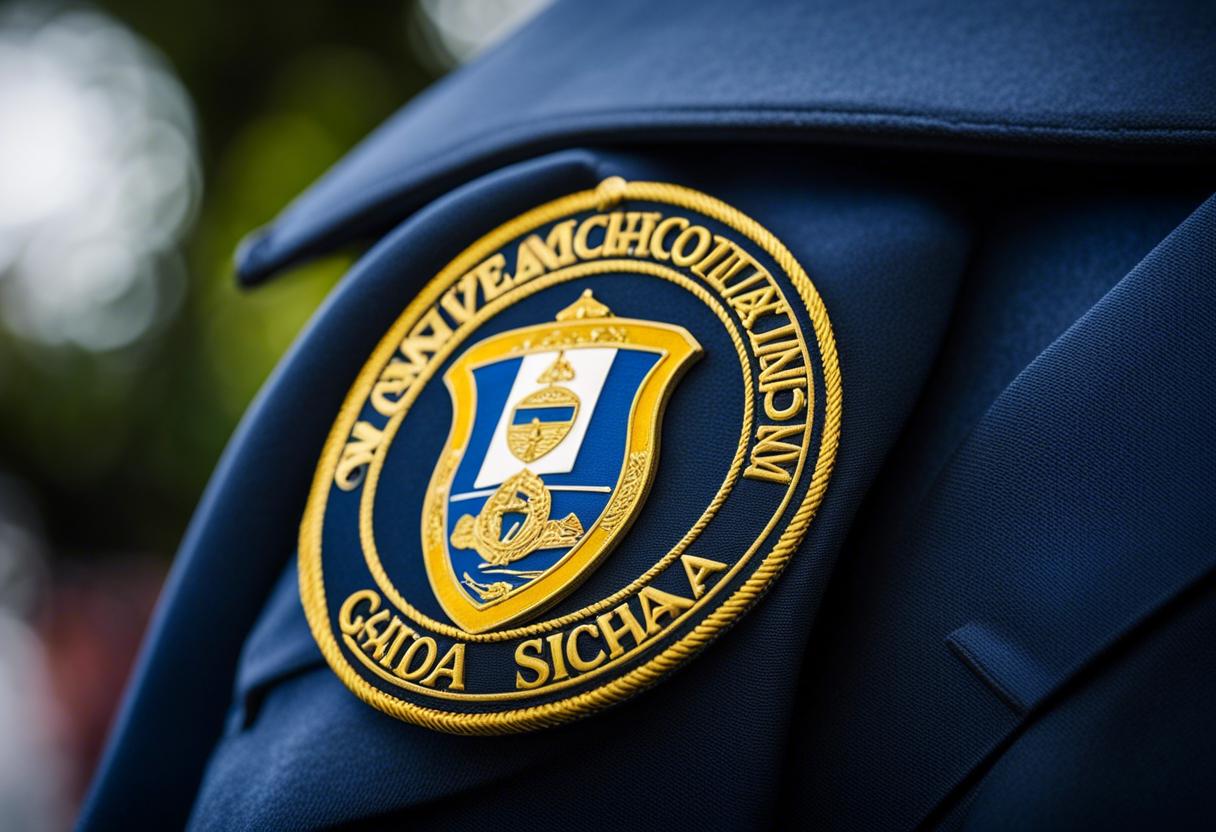An Garda Síochána, Ireland’s national police service, has pressed two non-profit groups to provide proof that it regularly resorts to racial profiling. A recently published report by the Irish Council for Civil Liberties (ICCL) and the Irish Network Against Racism (INAR), strongly implies that the lack of data on the Garda’s interaction with ethnic minority groups facilitates denial of racial profiling practices.
Contrary to this assertion, the study titled ‘Policing and Racial Discrimination in Ireland,’ compiled by ICCL, INAR, and several other groups, provides examples demonstrating racial profiling through the use of stop and search powers, discriminatory cross-border checks between Ireland and Northern Ireland, and targeting of the Traveller and Roma communities. The report cites the illegal 2013 removal of Roma children from their parents due to ethnic profiling as a prominent instance.
The study included the experiences of 36 ethnic minority participants living in Ireland, who were involved in several workshops. Nearly 83% of these individuals noted their apprehension of racial discrimination and profiling by the Garda. Out of these, nearly a third mentioned concerns related to being black and the perception that the Garda assumes a non-Irish origin for black individuals. Many participants highlighted the prevailing mistrust between ethnic minority communities and An Garda Síochána.
Both ICCL and INAR have urged the imposition of a mandate requiring An Garda Síochána to publish data pertaining to its policing of ethnic minority communities. In its retort, An Garda Síochána underscored the severity of the racial profiling accusation, and invited those responsible for the report or those who collaborated with it, to report any instances of racial profiling to their local police station or the Garda Síochána Ombudsman Commission (GSOC).
In a response to a recent report, An Garda Síochána declared its position as one of the most reliable police services globally, centred around a philosophy of policing by consent. This, it says, exhibits the interests of everyone, across every community.
An Garda Síochána cited a 2022 public attitudes survey, involving 7,699 adults and incorporating 1,000 non-white Irish residents. The data revealed that 90% of the adults surveyed trust the Gardaí to treat them with respect, while 75% believe they would receive fair treatment. Furthermore, 79% of all respondents agreed that human rights take centre stage in the operations of An Garda Síochána.
To further enhance their human rights commitment, the force has put 3,000 members through a bespoke human rights and policing course, with another 1,000 slated for participation this year. The curriculum features valuable insights from civil society organisations and firsthand accounts from minority community members.
An Garda Síochána also stated its plans to launch an ongoing professional development programme that offers training in cultural awareness. This training aims to address topics like inclusion and diversity, culture, racism, and conscious as well as unconscious bias.
The statement also highlights the force’s early adoption of a specific diversity unit – one of the first police services in the world to do so. With over 580 diversity officers engaging with minority communities across Ireland daily, their role is to offer reassurance and address any matter of concern that may arise.
In conclusion, An Garda Síochána has a diversity forum providing a platform for representative groups to share feedback on the police service and suggest improvements. All Garda policies are reviewed in relation to human rights.

